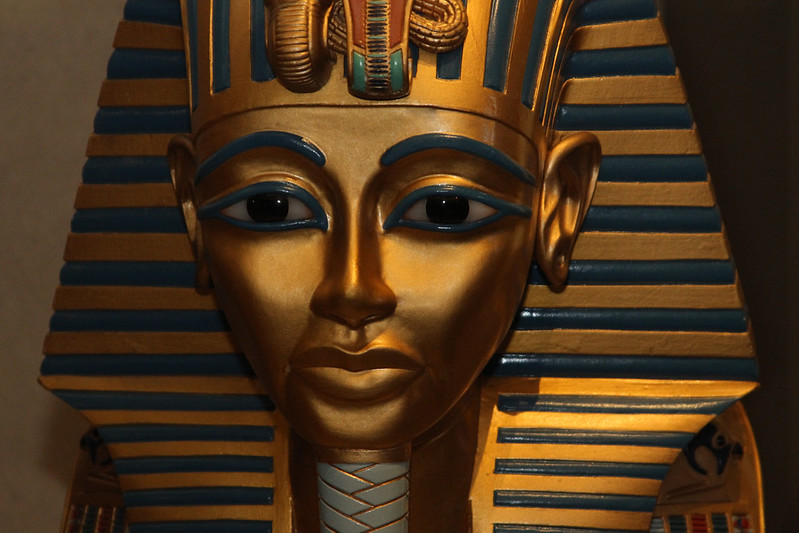Our reading begins, “And G-d said to Moses, come in to Pharaoh, for I have hardened his heart and the heart of his servants, that I may place these signs among them” [10:1].
This seems to contradict the idea of free will, which is a core concept in Judaism. Much as Hashem knows all of history, and the decisions we will make, we still have the ability to choose for ourselves between good and evil. How, then, could G-d remove free will from Pharoah?
This question, however, can be answered by looking at the context. Pharaoh and Egypt have already experienced seven of the Ten Plagues. His magicians have already admitted that what they are seeing is the “finger of G-d” [8:15]. And although Hashem tells Moshe that He hardened the heart of Pharaoh’s servants as well, when threatened with another plague they turn to Pharoah and say, “do you not yet know that Egypt is lost?” [10:7]
In other words, at this point the evidence is overwhelming. There is no denying that a plague threatened by Moshe will come to pass, and that it will do terrible damage to Egypt. So how can Pharaoh possibly resist?
Thus when G-d hardens Pharaoh’s heart, he is not taking away Pharaoh’s free will. To the contrary, he is giving it back! Without intervention, Pharaoh would have no choice but to give in—like his servants who, despite having their hearts hardened as well, tell him to give in.
I believe we are living now in a time when again the evidence and truth are overwhelming, yet people are granted free will to choose between good and evil. How can so-called feminist organizations side with mass assaults against women? How can human rights organizations support those who committed a massacre? Anyone with a shred of decency would make the obvious choice.
It is a lesson even to we who are not blind to the obvious.
Photo credit: Leo Reynolds




